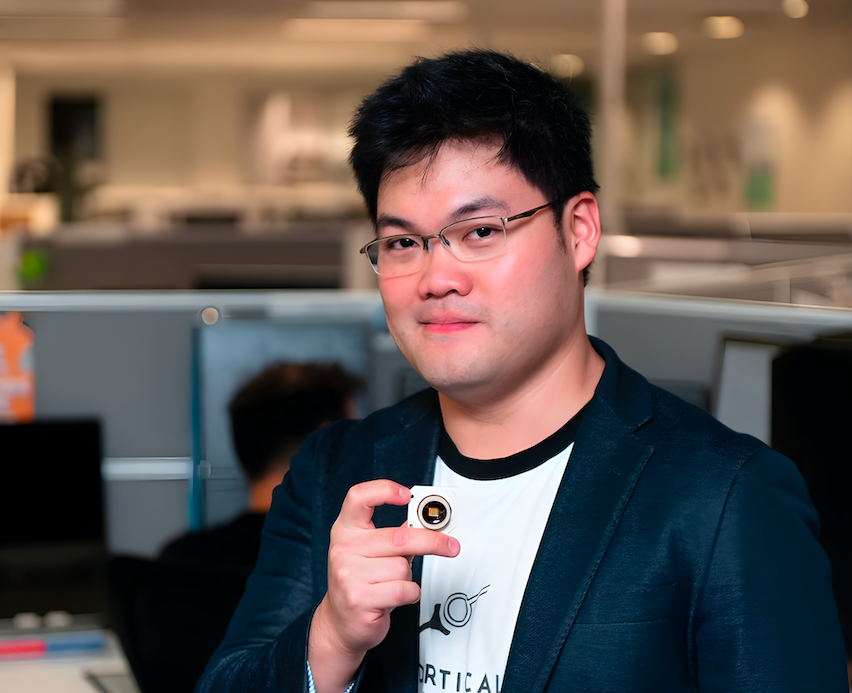AsiaTechDaily – Asia's Leading Tech and Startup Media Platform

AI startup Cortical Labs secures $10m to commercialise bio intel OS
Australia and Singapore-based Cortical Labs, a pioneering company in the field of synthetic biology and the use of human neurons for developing artificial intelligence, has successfully closed a $10 million funding round.
The funding was led by Horizons Ventures, with participation from Blackbird Ventures, LifeX Ventures, Radar Ventures, and In-Q-Tel.
In a statement, Cortical Labs said the fresh money will enable the company to speed up the commercialisation of its patented Biological Intelligence Operating System (biOS) and fulfil pre-orders. Horizons Ventures’ Jonathan Tam will join the board.
Cortical Labs is at the forefront of biological computing, using clusters of lab-grown human neurons to create a “DishBrain” that integrates with their biOS. Unlike digital AI models, which seek to emulate the human brain, Cortical Labs begins with it.
Human neurons, which have evolved over four billion years, are self-programming and infinitely flexible, and have the potential to be better than any digital AI model for Generalised Intelligence.
The DishBrain is capable of growing, adapting, and learning faster than purely silicon-based AI, and requires far less energy consumption.
Cortical Labs’ CEO and founder, Hon Weng Chong, said that the possibilities of a hybridised AI and synthetic biology model are limitless, and the technology will shape and drive the next frontier of AI.
With this new round of capital, Cortical Labs aims to accelerate research and development and bring the DishBrain to market this year.
The groundbreaking technology developed by Cortical Labs delivers powerful computing throughput with lower energy needs, making it ideal for personalised medicine and disease detection.
Cortical Labs’ patented biOS and the CL1 system will enable novel in-vitro cognitive testing for the life-sciences industry and position the CL1 as the premier development and experimentation platform for researchers in the non-biological fields such as artificial intelligence and engineering.
Cortical Labs has partnered with Cambridge biotech company bit.bio for the research and commercialisation of the CL1, along with their academic partners at the Organoid Intelligence alliance led by Johns Hopkins University.





